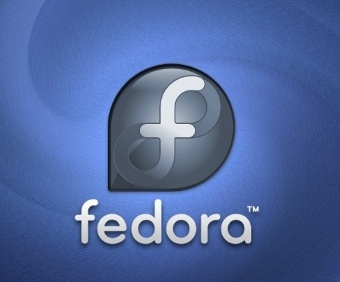The Fedora Project, a Red Hat, Inc. (NYSE: RHT) sponsored and community-supported open source collaboration, today announced the availability of Fedora 18, the latest version of its free, open source operating system distribution. The Fedora Project community is dedicated to the development and advancement of open source technologies, which culminate in a new release of Fedora approximately twice each year. Fedora 18 combines cutting-edge open source features, a streamlined installation experience and innovative technological enhancements into a reliable, flexible operating system that can be used by anyone.
Notable Fedora 18 advancements include:
- User features: The user interface for Fedora’s installation procedure, part of Anaconda, has been completely re-written, and provides significant improvements to the installation experience. Designed to be simple and understandable for a traditional desktop user, yet with robust options available for more complex installations, the new installation experience shines with a clean, modern look. The GNOME desktop environment has been updated to the 3.6 release, introducing new enhancements to the message tray and notifications, revisions to the Activities Overview and accessibility support. KDE Plasma Workspaces has been updated as well, with the 4.9 version delivering improvements in stability and performance, and many new features. Additionally, the MATE and Cinnamon desktops are new desktop options in Fedora 18.
- Developer features: Fedora 18 includes several language and programming environment updates, with fresh versions of Python, Rails, D and Perl. Clojure tooling packages and libraries have also been added in this release. Finally, SystemTap has been updated to the 2.0 release, extending its capabilities for instrumenting code and other diagnostic capabilities, and providing those abilities to a greater pool of user access levels.
- System administrator features: The recently released Samba 4 introduces the first free and open source implementation of Active Directory protocols, further enhancing its long-standing use for file and print sharing in heterogeneous server environments. Fedora 18 also includes multiple enhancements to storage management with new tools and libraries for storage area network (SAN) and network-attached storage (NAS) management, and the addition of System Storage Manager, a unified command-line interface for managing multiple storage technologies. oVirt Engine, the management application for the oVirt virtualization platform, brings in new features with its 3.1 release, and Eucalyptus, a platform for on-premise Infrastructure-as-a-Service (IaaS) clouds, makes its debut in Fedora 18 with its 3.2 release. Finally, Fedora continues to offer fresh releases of OpenStack, bringing in the Folsom release; Heat, an incubated OpenStack project, is newly available in Fedora, enabling via API the orchestration of cloud applications using file- or web-based templates.
A complete list of Fedora 18 features is available on The Fedora Project community release announcement page: https://fedoraproject.org/wiki/F18_release_announcement.
The Fedora Project aims to release a new version of its free operating system approximately every six months, as a rapid development cycle encourages collaboration and the inclusion of the latest, leading-edge open source features available. Fedora is built by community members from across the globe, and the Fedora Project’s transparent and open collaboration process has attracted thousands of registered contributors, who collectively deliver releases of Fedora to an ever-expanding base of users worldwide. The total of unique IPs across Fedora releases since tracking was initiated at Fedora 7 is now approaching 45 million connections.
The Fedora Project has also held multiple Fedora User and Developer Conferences (FUDCon) around the world during the past year, including events in Blacksburg, Virginia, USA; Kuala Lumpur, Malaysia; Paris, France; and Valencia, Venezuela. The next upcoming FUDCon is planned for January 18 – 20, 2013 in Lawrence, Kansas, USA.
Availability
Fedora 18 is globally generally available.
